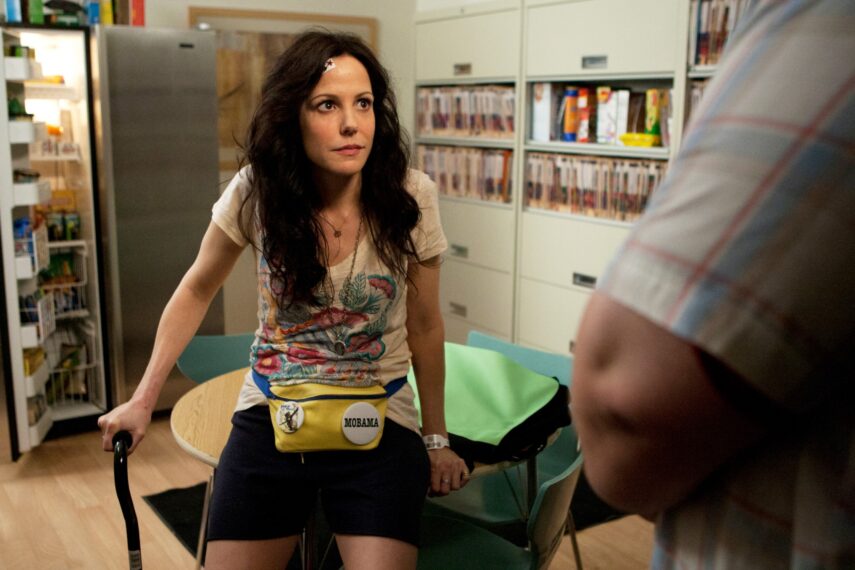SINGAPORE: Food donors will be able to donate their excess or unsold food without having to worry about being held liable under strict food safety regulations, after a Bill that aims to reduce food waste and encourage donation was passed on Wednesday (Aug 7). The Good Samaritan Food Donation Bill, which was tabled by Member of Parliament (MP) Louis Ng (PAP-Nee Soon), will protect donors from criminal or civil liability for any death or personal injury resulting from consuming donated food, provided certain conditions to ensure food safety and hygiene are met. Prior to this, Singapore did not offer any liability protection for food donors or food rescue organisations.
Instead, indemnity forms are often used to release donors from any risks or liabilities that may arise from untoward incidents. WHAT THE BILL IS ABOUT The Bill covers any entity or person that gives away food for a charitable, benevolent or philanthropic purpose without any monetary exchange. This means that if any money is exchanged for the food, including any fee charged by the donor for providing the food, this will not be considered a donation.

To be granted liability waivers, donors must fulfil four conditions to ensure food safety and hygiene. They are: If a donor meets these four conditions, they will be shielded from civil and criminal liability even if a beneficiary falls sick after eating donated food. However, Mr Ng said this will not take away the Singapore Food Agency’s (SFA) powers to investigate any food safety issue.
“If any food safety issue arises with donated food, SFA can still investigate and take enforcement action. The difference is that food donors only need to show SFA that they have met the four conditions, and SFA would not impose any liability on the food donor,” he said. Under the Sale of Food Act, food is deemed unsafe if it poses a risk of causing illness or injury to a person consuming it.
The food is also considered to be unsuitable if it is damaged, contains harmful substances, is from diseased animals, contains foreign agents, or has packaging that affects its intended use, among other things. Mr Ng also spelt out two scenarios when the waiver will not apply. The first scenario is where food is exchanged between individuals as part of a personal relationship.
For example, the Bill would not apply to food given to friends or snacks in the office pantry bought for colleagues, even though no money was exchanged. The second scenario is where food is provided together with accommodation in a private residence in exchange for services or labour. This means that employers would not receive a waiver for food provided to their domestic helpers, said Mr Ng.
WHY THE BILL IS SIGNIFICANT The private members’ Bill was first tabled on Jul 2. Mr Ng started working on the Bill four years ago after he noticed a restaurant throwing out “perfectly edible food” once its buffet had ended. It had opted to do so, instead of donating it, out of concern over liability issues.
The new Bill serves to encourage food donation which will help to improve food security, reduce food waste and emissions from producing food, he said. Each year, Singapore generates 750,000 tonnes of food waste, accounting for 11 per cent of the country’s total waste. “During our consultations, I heard outrageous stories about the type of perfectly edible food that goes to waste," he said.
"Chickens that are bruised are rejected because they don’t meet beauty standards. Juicy fruits and crunchy vegetables are dumped because of their imperfect shape or colour. "The food that we waste while others go hungry is astounding.
" WHAT MPS ASKED The Bill was supported by MPs on both sides of the House, with many agreeing that it will help to boost food donations while helping those in need, reducing waste, and promoting environmental sustainability. Senior Parliamentary Secretary for Social and Family Development Eric Chua said the Bill would allow more people to donate food more confidently. "With the .
.. Bill, we can look forward to an increase in the quantity and variety of donated food, as more businesses and individuals are encouraged to donate," said Mr Chua, who added that the Ministry of Social and Family Development supported the "spirit of the Bill".
However, MPs also said there must be balance in the new legal framework or it could dissuade potential donors. During the debate, some raised suggestions such as having label requirements for donated cooked food to minimise the risk of foodborne illnesses as well as introducing incentives to encourage more to donate food. MP Yip Hon Weng (PAP-Yio Chu Kang) urged the government to consider implementing guidelines for clear and consistent allergen labelling, where possible, within the framework of the Bill.
Pointing to recent incidents such as the mass food poisoning cases at the SCDF Academy and Bytedance , he also called for the government to incorporate targeted guidelines and training for donors handling large quantities of food, emphasising best practices for safe storage and transportation. Associate Professor Jamus Lim (WP-Sengkang) said the Ministry of Sustainability and the Environment (MSE) could support the development of an online database of potential food donors and recipients, to promote scaling up at the national level. MP Joan Pereira (PAP-Tanjong Pagar) suggested a tax incentive to further encourage firms to donate food.
She asked how the authorities would enforce regulations on food safety and hygiene for donated food. Similarly, MP Ng Ling Ling (PAP-Ang Mo Kio) asked if a statutory board would be tasked to ensure that the conditions under the Bill are met, or if MSE will be the authority to revoke the waiver of liability if serious breaches occur. HOW THE MINISTRY RESPONDED Responding on behalf of MSE, Senior Parliamentary Secretary for Sustainability and the Environment Baey Yam Keng said that the Bill aligned with MSE and SFA’s approach to food safety.
Both MSE and SFA are responsible for establishing the regulatory framework for food safety, with the latter publishing a set of guidelines for food safety practices in 2021. On whether MSE will be the authority to revoke the waiver of liability, Mr Baey said the Bill does not warrant the need for revocation, as food donors would automatically forfeit their protection if they fail to meet any of the conditions. “The conditions thus provide assurance to food donation recipients that donors would have taken necessary measures to safeguard the safety of the food they provide,” he said.
He reiterated that the Bill did not impede SFA’s responsibilities as a regulator, or its ability to investigate food safety lapses and take enforcement action. "STRIKE A BALANCE" After a session that spanned over two days, Mr Ng gave a round-up speech addressing concerns raised. Mr Ng noted that one of the most common feedback was that the Bill could have the "unintended and opposite effect of chilling food donation".
Mr Ng said that the Bill should not make it more onerous for donors to donate food. "What it does is to strike a balance between encouraging food donation and at the same time safeguarding food safety and hygiene standards.” Addressing suggestions for tax incentives, Mr Ng said one avenue could be providing subsidies or tax incentives for capital heavy equipment such as blast chillers, which can freeze cooked food and extend its shelf life.
However, he noted that financial incentives would require further study and can be considered for future implementation. When it comes to labels, there are "other ways that a donor can communicate handling requirements and time limits" to recipients, such as text messages, said Mr Ng. "We are mindful again that mandating labelling might be too onerous for some small donors and we don’t want this Bill to have the unintended effect of turning food donors away.
" Similarly, requiring food donors to undergo training or accreditation may have the same deterrent effect. Smaller food charities and community groups were concerned that having accreditation and training requirements may hamper their work, said Mr Ng. In conclusion, Mr Ng stressed that the point of the Bill was not just to urge people to donate food, but to have them rethink "throw away culture".
"Think about not wasting food in the first place. Change our habits. "It is scary that food waste is so ingrained in our society now," he said, noting that some businesses he has spoken to say they already factor food waste into business costs.
.



















